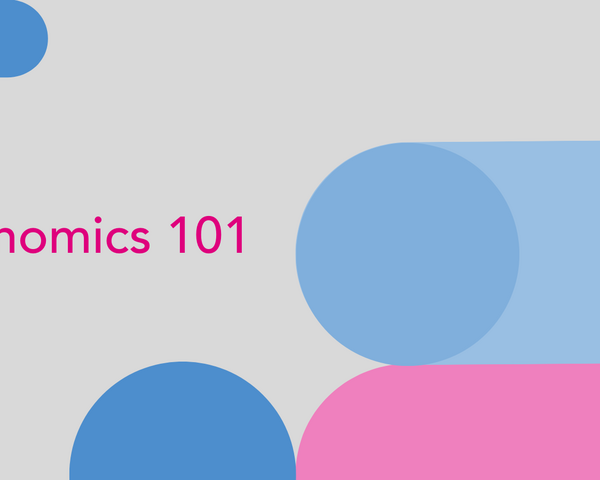Genomics 101: What is ethics?
By Florence Cornish onFirst things first, what is ethics?
Ethics is the word we use to describe the moral principles that guide our behaviour and our conduct.
So, this could be thinking about whether something is good or bad, whether something is good or better, or whether something is bad or worse.
It centres around values, and how we demonstrate those values within a moral framework.
Is ethics the same as the law?
No, ethics and the law are not the same.
Whilst laws dictate what we can and can’t do, ethics talks more about the context around these laws, and people’s awareness of what is right and what is wrong in certain situations.
Just because something is within the law, it doesn’t mean it is the ethical thing to do. In fact, laws are often written as a reaction to unethical behaviour.
I like to think of ethics as, just because you can do something, it doesn’t mean that you should do it.”
Will Navaie
Head of Ethics Operations at Genomics England
So then, what is medical ethics?
Medical ethics describes the moral principles that govern the conduct of those working in healthcare. This is to ensure the overall well-being of patients, as well as respecting their human rights and dignity.
Medical ethics can be thought of as having 4 pillars, which are specific areas that we focus on. These are justice, autonomy, beneficence, and non-maleficence.
Can you explain these 4 pillars of medical ethics?
1) Justice: This involves making sure that something is fair, equitable and inclusive. Equity is key in this area, because it recognises that different people have different circumstances. This means that some people require more of something than other people in order for an outcome to be equal.
2) Autonomy: This is giving people choices and respecting their decisions around that choice. An important part of autonomy is consent, which means that people must give their permission before receiving any type of medical test, examination or treatment.
3) Beneficence: Everything we do must create benefit for people. That benefit could be at an individual level, but also at a societal level. There are lots of different ways of realising benefit.
4) Non-maleficence: On the flipside of beneficence, non-maleficence is making sure that everything we do does not cause harm to anyone.
How does ethics apply to genomics?
These 4 pillars of medical ethics apply to genomics just as they do to other fields.
What makes things complicated in genomics though, is that genomic data is not just about the person it came from. It is also about their family, and future family.
This can be tricky, because healthcare laws are generally centred around the rights of an individual. This can make things difficult when an individual must make decisions that affect other people in their family.
What can we do about this?
When navigating these challenges, we can try and use ethics to compliment the law.
The law says that an individual must give their consent for any test or treatment to happen. What ethics tries to do is step back, and consider how this decision might affect other people.
For example, if someone is taking part in a genomic research study, we can encourage them to speak to their family and their children before agreeing to take part, because the research could have implications for them as well.
What is the best way to demonstrate ethics?
Good question! This is very important to think about.
Because ethics is part of philosophy, there is lots of academic writing about ethics out there. However, the most important thing is embedding ethics into practice.
A key part of this is building trust, and to do this, you must be able to demonstrate trustworthiness.
Will Navaie, Head of Ethics Operations at Genomics England, explains how public engagement is a vital part of building trust in the organisation:
“It is not our role to tell people what to expect, it’s our role to listen and see what people expect of us. Once we understand what people expect, we then know how to act and how to behave in line with what people want from us”.
Can you give an example?
An example of this would be the Generation Study.
This research study will sequence the genomes of 100,000 newborn babies to look for a defined set of treatable rare genetic conditions.
In ethics, we say that the needs of science should never outweigh the needs of society. In the case of the Generation Study, whilst science might suggest that genome sequencing would be beneficial for newborns, it is vital to consider what society thinks of this as well.
This is why user involvement and public engagement have been embedded into the Generation Study since the very beginning.
In 2021, we carried out a dialogue with 130 members of the public to gather their views on whole genome sequencing for newborns. The group was cautious but supportive, and the advice they gave us was used to carefully design the study.
Want to find out more...
Prefer to listen? Check out or Genomics 101 podcast series, or learn more about the Generation Study in our previous Genomics 101 blog.
Have ideas for what blogs you want to see next? Leave a comment below.

